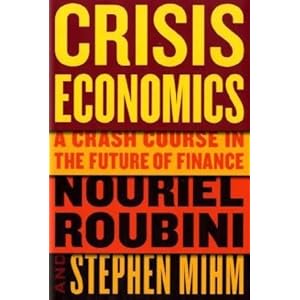by Jacob Goldstein
Here’s the latest Planet Money Deep Read — our occasional series of long-ish interviews with writers and thinkers.
Today, we hear from Nassim Taleb, the former Wall Street trader who published a book called the Black Swan back in 2007. The book was re-issued earlier this year, with a long new section called “On Robustness & Fragility.”
Listen to the Deep Read
The book argues that most economic models fail because they don’t take into account rare, high-impact events that wind up driving history. (Taleb calls these events Black Swans.) The argument came out looking pretty good after the 2008 financial crisis.
The new section of the book includes, among other things, a prescription for withstanding a Black Swan.
The short version: Get rid of debt.
